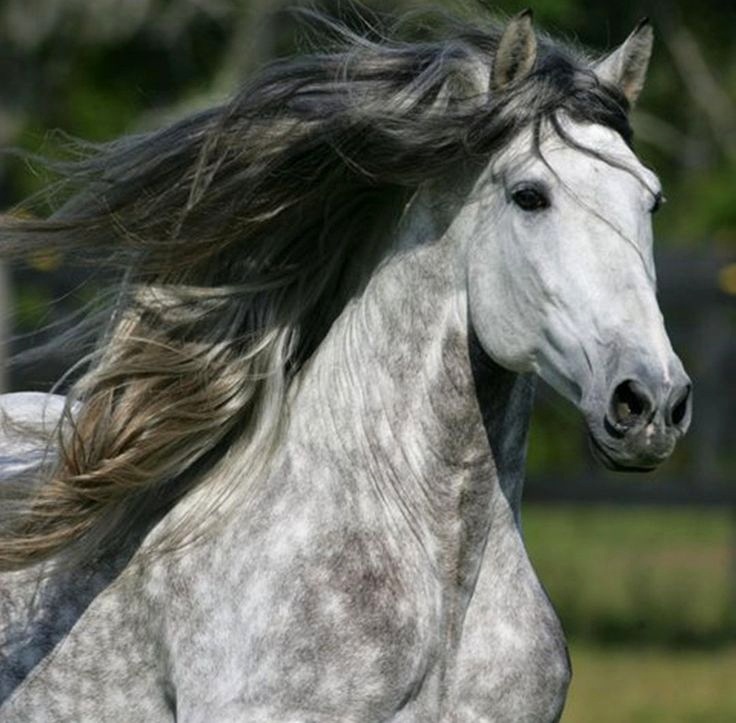Horses are incredibly complex animals and their nutrition needs to be carefully balanced and monitored. Feeding the wrong diet or too much of a certain ingredient can have severe consequences for a horse’s health and wellbeing. For horses with liver dysfunction, there are a few particular feeds that should be avoided in order to protect the health of the animal. This article will outline some of the key feeds that should be avoided, as well as why they should be avoided, in order to ensure that horses with liver dysfunction remain healthy and strong.
Why is it Important to Avoid Certain Feeds for Horses with Liver Dysfunction?
The liver is a vital organ in the body that performs a number of functions, such as filtering toxins and nutrients, producing bile, and metabolizing proteins, carbohydrates and fats. When the liver is not functioning optimally, due to disease or injury, it can be difficult for the horse to efficiently absorb and process the nutrients that it needs. Therefore, it is essential to be mindful of what feeds are consumed by horses with liver dysfunction, as certain ingredients can be harmful to the liver and exacerbate the condition.
What Feeds Should be Avoided?
High-Grain Diets:
High-grain diets, such as corn and oats, are generally not recommended for horses with liver dysfunction. This is because grains are high in carbohydrates, which can be difficult for the liver to process. The carbohydrates can also lead to an increase in blood sugar levels, which can further place a strain on the liver and potentially cause inflammation. Therefore, it is best to avoid these types of diets and opt for a diet that is higher in fat and fiber and lower in carbohydrates.
Moldy Feeds:
Moldy feeds should also be avoided in horses with liver dysfunction. This is because mycotoxins, which are toxic compounds produced by molds, can damage the liver and lead to further complications. Therefore, it is important to check all feeds prior to feeding, and to discard any that appear to be moldy or otherwise contaminated.
High-Copper Feeds:
High-copper feeds should also be avoided in horses with liver dysfunction. Copper is an essential mineral that is necessary for a horse’s proper growth and development, as well as for the production of red blood cells. However, too much copper can be toxic to the liver and can lead to further damage. Therefore, it is important to feed feeds that are low in copper and to monitor the levels of copper in the horse’s diet.
High-Sugar Feeds:
High-sugar feeds, such as molasses and other sweet feeds, should also be avoided in horses with liver dysfunction. This is because sugar can be difficult for the liver to process and can place a strain on the organ. The sugar can also lead to an increase in blood sugar levels, which can further exacerbate the condition and potentially cause inflammation. Therefore, it is best to avoid these types of feeds and opt for feeds that are low in sugar and higher in fat and fiber.
Conclusion
Horses with liver dysfunction require careful monitoring and management of their nutrition in order to ensure that they remain healthy and strong. It is important to avoid certain feeds, such as high-grain diets, moldy feeds, high-copper feeds, and high-sugar feeds, as these can be harmful to the liver and can worsen the condition. Therefore, it is essential to be mindful of what feeds are consumed in order to ensure the health and wellbeing of the horse.

